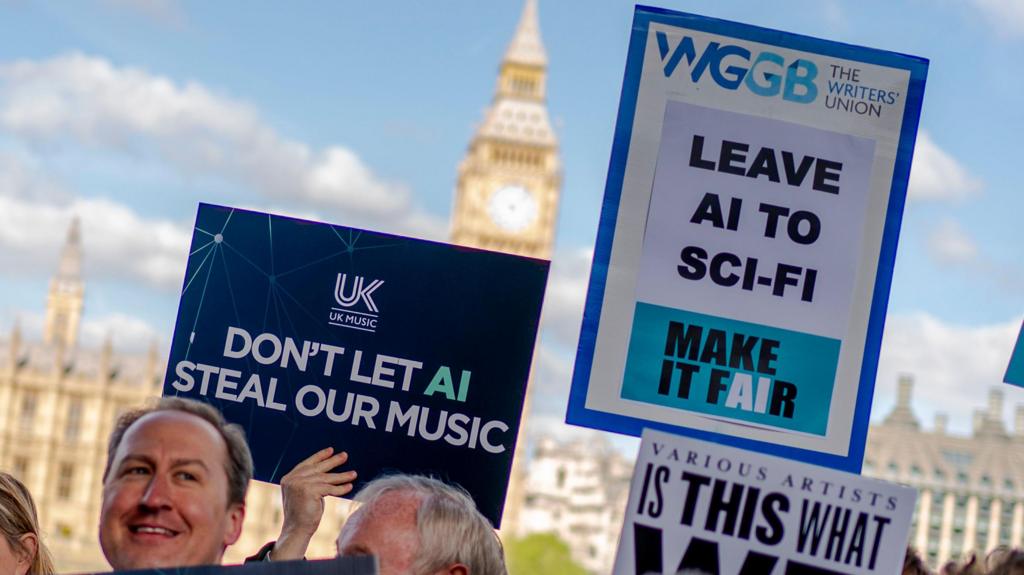The UK government has suffered a fourth defeat in the House of Lords regarding its proposed Data (Use and Access) Bill. The bill, which would allow tech companies to utilize copyrighted material for AI model training, faces significant opposition from peers concerned about artist protections.
On Monday, the Lords rejected a government amendment, voting 242 to 116 in favor of increased transparency measures. This follows warnings from prominent musicians like Sir Elton John about the potential harm to creative industries. The bill now returns to the House of Commons, potentially for debate as early as Tuesday, though this remains unconfirmed.
The deadlock is striking, with neither side showing willingness to compromise. A source within the House of Lords described the situation as “uncharted territory.”
The central conflict lies in balancing the needs of the tech and creative sectors. The debate focuses on providing fair access to creative content for AI development while safeguarding the livelihoods of content creators. The government’s proposed solution—allowing access unless individual owners opt out—has been met with strong resistance.
The House of Lords favors mandatory disclosure of copyrighted material used by AI firms, with a view toward licensing. While proponents like Sir Nick Clegg, former Meta executive, argue that requiring prior permission would stifle the UK AI industry, opponents such as Baroness Beeban Kidron, a crossbench peer and filmmaker, warn of the potential for “state-sanctioned theft” from a £124bn industry.
Baroness Kidron advocates for an amendment requiring a report to Parliament within 15 months on the bill’s impact on creative industries. Technology Secretary Peter Kyle’s acknowledgment of copyright law’s inadequacies further highlights the complexity of the issue.
The Department for Science, Innovation and Technology states that it will only accept changes to the bill if they demonstrably benefit creators. Continued disagreement could lead to the bill’s abandonment, jeopardizing other provisions within it, including those related to data access for bereaved parents, NHS data sharing, and infrastructure mapping.
The dispute’s roots lie in the past practice of large tech firms scraping online content without permission to train AI models. The resulting ability of AI to mimic artists’ styles has caused widespread backlash from creators such as Sir Elton John, Sir Paul McCartney, and Dua Lipa, who argue this constitutes theft and undermines their work.
Sir Elton John’s outspoken criticism of the government’s stance underscores the high stakes involved. Conversely, others argue that restricting AI access in the UK will simply shift operations elsewhere, potentially harming the UK’s tech sector. The lack of a clear compromise path presents a significant challenge for policymakers.
Sign up for our Tech Decoded newsletter to follow the world’s top tech stories and trends. Outside the UK? Sign up here.

